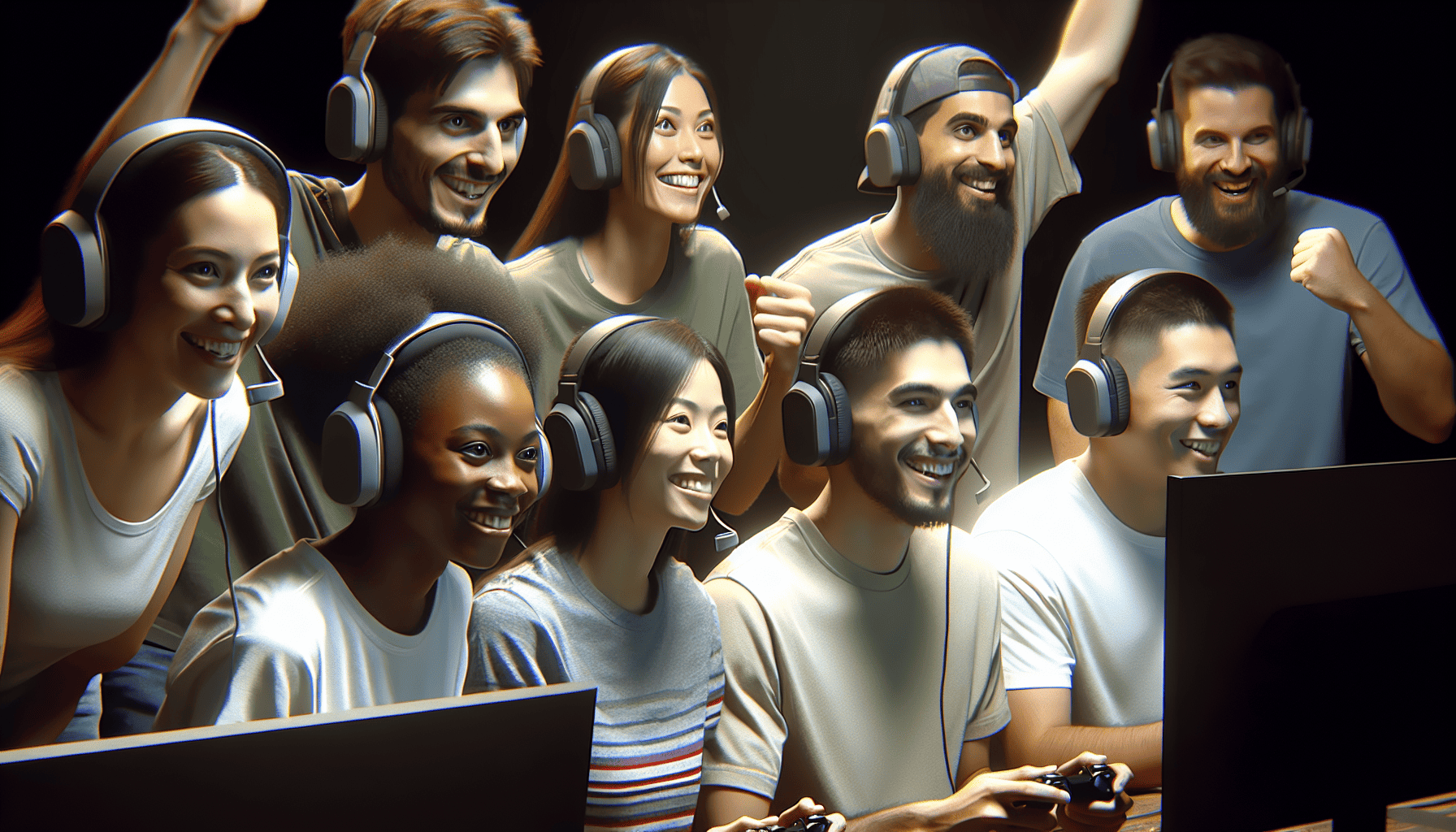In today's digital landscape, the world of gaming has transformed into a vibrant hub of social interaction and community building. No longer just a solitary experience, gaming has evolved into an immersive social platform where players from various corners of the globe connect, compete, and collaborate. The essence of this transformation lies within the realm of social gaming experiences, which are reshaping not only the way we play but also how we connect with one another.
Social gaming provides a unique avenue for forging friendships that transcend geographical boundaries. Players are no longer confined to playing against a computer; they can join forces with or challenge real individuals, each bringing their own skills, backgrounds, and stories to the virtual table. This aspect of gaming serves as a melting pot of cultures, promoting understanding and camaraderie that defy distance and language barriers. With just a click, players can dive into games that allow them to communicate through voice chat, text, or even gestures, enhancing the sense of togetherness and collaboration.
One of the keystones of social gaming is its ability to foster communities. Online gaming platforms often feature forums, social media groups, and in-game clans or guilds that provide spaces for players to share experiences, strategies, and mutual interests. These communities offer a sense of belonging and inclusivity that is both comforting and empowering, allowing players to express themselves freely and find like-minded individuals who share their passion.
Multiplayer games are at the heart of these social gaming experiences. From massive online role-playing games (MMORPGs) where players embark on epic quests together, to fast-paced battle royales that test teamwork and quick decision-making, multiplayer games are designed to bring people together in pursuit of common goals. These games not only enhance problem-solving and strategic thinking skills but also teach valuable lessons in teamwork and communication, skills that are transferable to real-world scenarios.
Moreover, social gaming experiences are increasingly embracing diversity and inclusion, recognizing the varied demographics that partake in gaming. Efforts to create inclusive gaming environments have led to the introduction of customizable avatars, narrative choices that reflect diverse backgrounds, and accessibility options catering to players with disabilities. This ongoing commitment to diversity enriches the gaming experience for everyone, providing representation and ensuring that players feel seen and appreciated.
In addition to camaraderie and community building, social gaming also serves as a platform for personal growth and mental well-being. Retreating into virtual worlds can offer a respite from the stresses of daily life, providing an opportunity to relax and unwind. Many players find that gaming helps them build confidence, improve social skills, and even cope with anxiety and depression. This therapeutic aspect of gaming underscores its potential as a tool for enhancing mental health and overall well-being.
In conclusion, social gaming experiences are not just about entertainment; they are about connection, growth, and shared experiences. As technological advancements continue to elevate the gaming industry, the potential for deeper and more meaningful interactions will only expand. Whether forging friendships, building communities, or fostering personal development, social gaming is an evolving phenomenon that continues to unite people worldwide, illustrating the profound and positive impact of play in our digital age.
